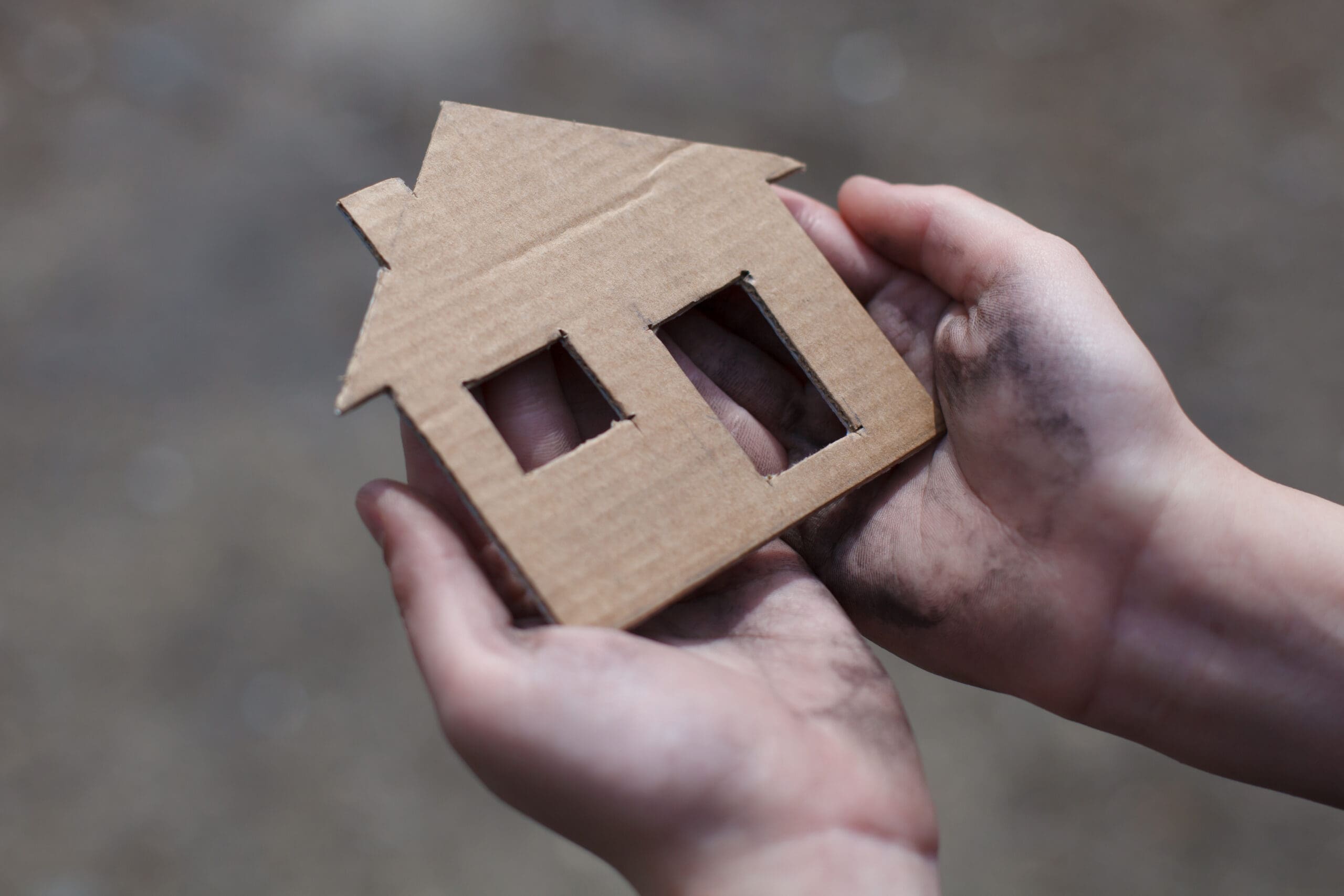CLICK HERE TO VIEW THE FULL REPORT
OTTAWA – For the first time in 30 years, a synchronized housing bubble has spread to six red-hot real estate markets in Canada, says a report by the Canadian Centre for Policy Alternatives (CCPA).
Canada’s Housing Bubble: An Accident Waiting to Happen examines trends in house prices in Toronto, Vancouver, Calgary, Edmonton, Montreal and Ottawa between 1980 and 2010 and finds price increases in those cities are outside of a historic comfort level.
On average, inflation-adjusted house prices in these cities have historically held stable at between $150,000 and $220,000 in today’s dollars, but current housing prices in all six major markets are now over $300,000, on average.
“The bursting of housing bubbles is a rare event in Canada, but the steep rise in house prices in so many cities displays all the hallmarks of an accident waiting to happen,” says the report’s author David Macdonald, a CCPA research associate.
Historical trends indicate Canada’s hottest six real estate markets are more unstable than a generation ago, especially after steep house price increases between 2002-07. Before 2000, house prices tended to hover within a narrow range of between 3 and 4 times provincial annual median income. Today, house prices are anywhere from 4.7 to 11.3 times the median income.
“As house prices rise outside of their historical range they become much more susceptible to mortgage rate changes,” says Macdonald.
“The hottest six real estate markets could be in for a correction at best or, at worst, a bubble burst. Rate setters at the big banks are in the driver’s seat now as mortgage rates inch up. They need to hit the brakes lightly.”
Canada has only had three housing bubbles burst, twice in Vancouver and once in Toronto. The study simulates the conditions of the two most recent bubbles, as well as the 2006 housing market collapse in the U.S., to assess how bad a correction might be. It predicts homeowners in Edmonton and Montreal could be hardest hit, losing 38% to 34% respectively of their property value in under three years in a worst-case scenario. Vancouverites would be worst hit, in dollar value, losing almost $200,000.
–30–
For media inquiries, contact: media@policyalternatives.ca.


